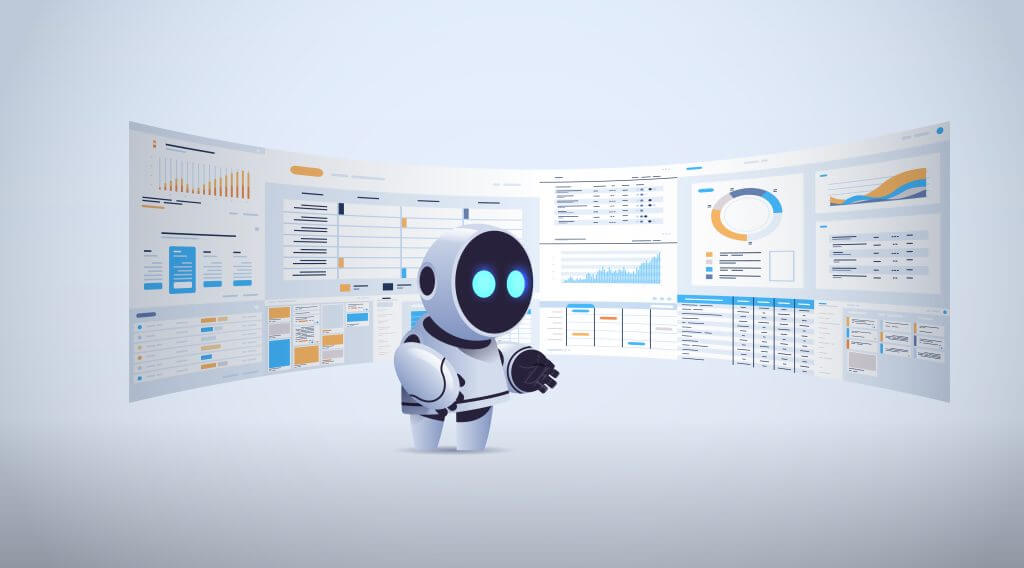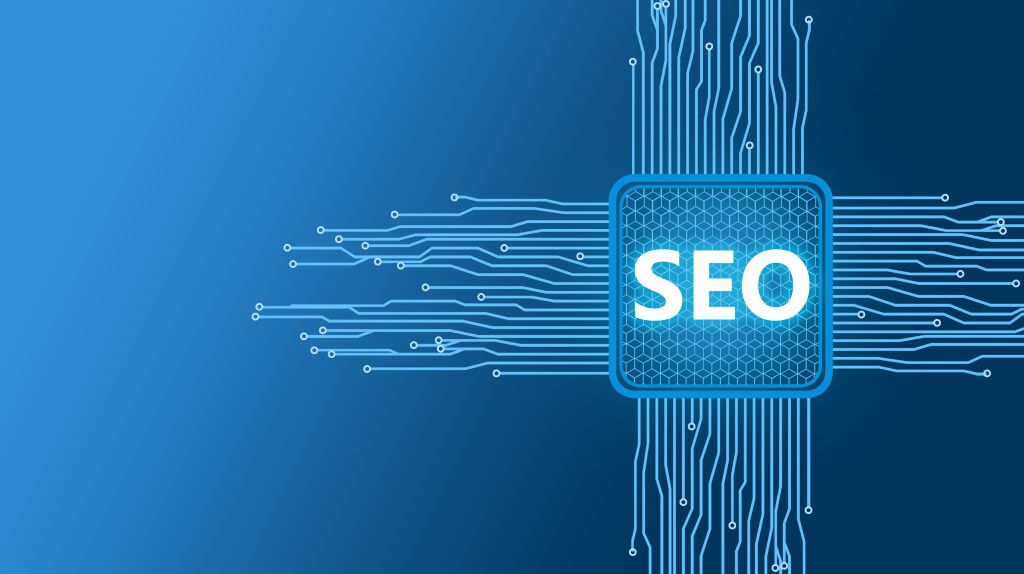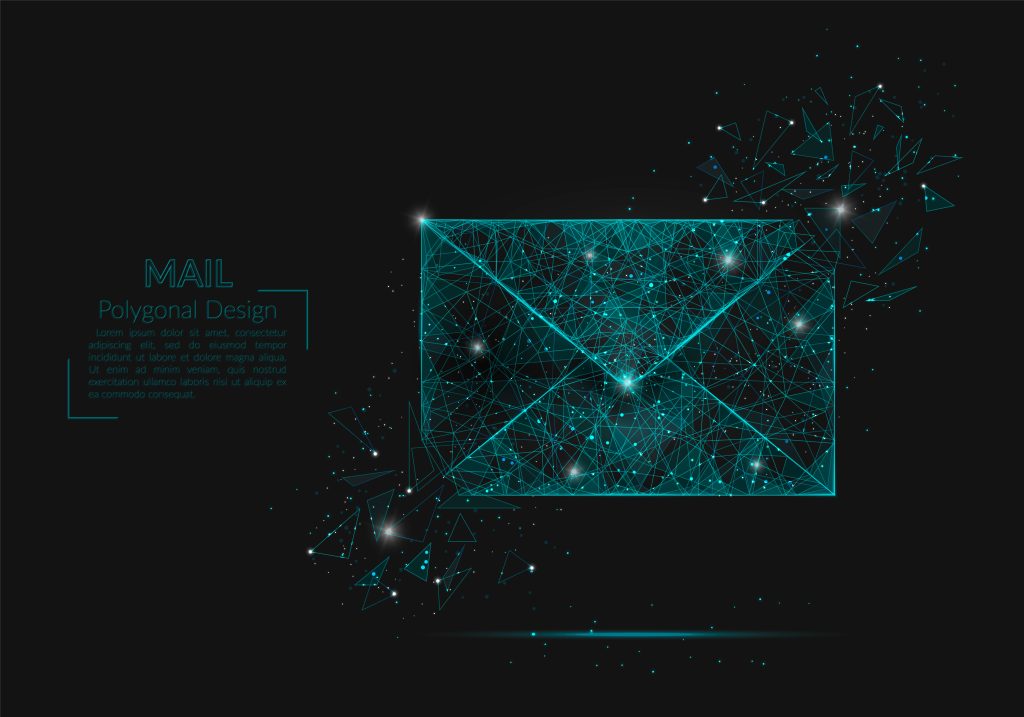![]()
1. Introduction: The Rise of Artificial Intelligence in Digital Marketing
In today’s fast-paced digital landscape, businesses are constantly seeking innovative strategies to stay ahead of the competition. One of the most transformative technologies that has revolutionized the field of digital marketing is Artificial Intelligence (AI). With its ability to analyze vast amounts of data and make intelligent decisions, AI has become an indispensable tool for marketers seeking to enhance their campaigns and drive better results.
In this article, we will explore the various ways in which AI is reshaping the digital marketing landscape. From targeted advertising and personalized content to search engine optimization and customer engagement, AI is empowering marketers with new capabilities and insights that were previously unimaginable. Let’s delve deeper into each of these areas and discover how AI is unleashing its power in the realm of digital marketing.
2. Enhancing Targeted Advertising with AI

Effective advertising requires reaching the right audience with the right message at the right time. With AI, marketers can significantly improve their targeting capabilities and enhance the overall effectiveness of their advertising campaigns. By leveraging machine learning algorithms, AI systems can analyze vast amounts of data, including demographic information, browsing behavior, and purchase history, to identify patterns and predict consumer preferences.
AI-powered advertising platforms can automatically segment audiences based on their characteristics and behaviors, allowing marketers to create highly targeted campaigns tailored to specific customer segments. This level of precision ensures that the advertising budget is allocated efficiently, maximizing the return on investment (ROI) and minimizing ad spend wastage.
3. Personalizing User Experience through AI-driven Content
In the digital age, consumers expect personalized experiences that cater to their unique needs and preferences. AI plays a crucial role in delivering personalized content that resonates with individual users. By analyzing user data, AI algorithms can dynamically generate and recommend content based on a user’s interests, browsing history, and past interactions.
Whether it’s personalized product recommendations, tailored email campaigns, or custom website experiences, AI-driven content personalization enables marketers to engage users on a deeper level. This not only improves customer satisfaction but also increases conversion rates and drives customer loyalty.
4. Optimizing SEO Strategies with Artificial Intelligence

Search engine optimization (SEO) is a fundamental aspect of digital marketing, aimed at improving a website’s visibility in search engine results. AI has brought about significant advancements in SEO by providing marketers with powerful tools and insights to optimize their strategies.
AI algorithms can analyze search patterns, user intent, and content relevance to identify the most effective SEO tactics. With AI-powered SEO tools, marketers can conduct comprehensive keyword research, analyze competitor strategies, and track website performance in real-time. This data-driven approach allows marketers to make informed decisions and stay ahead of the ever-evolving search landscape.
5. Streamlining Data Analysis and Predictive Analytics with AI
Data analysis is at the core of successful digital marketing campaigns. However, the sheer volume and complexity of data can be overwhelming for human marketers. This is where AI steps in, automating the process of data analysis and uncovering valuable insights that can drive marketing strategies forward.
AI-powered predictive analytics models can process large datasets, identify patterns, and make accurate predictions about future trends and consumer behavior. By leveraging these insights, marketers can make data-driven decisions, optimize their campaigns, and allocate resources more effectively.
6. Harnessing the Power of Chatbots for Customer Engagement
Customer engagement is a vital aspect of digital marketing, and AI-powered chatbots are transforming the way businesses interact with their customers. Chatbots use natural language processing (NLP) and machine learning algorithms to simulate human-like conversations and provide instant support and assistance to users.
By deploying chatbots on websites, social media platforms, and messaging apps, businesses can provide round-the-clock customer support, automate lead generation, and deliver personalized recommendations. Chatbots not only improve customer satisfaction but also help businesses save time and resources by handling routine inquiries and tasks.
7. Maximizing Social Media Marketing with AI

Social media platforms have become powerful marketing channels, and AI is unlocking new opportunities to maximize their impact. AI algorithms can analyze social media data, including user behavior, interests, and interactions, to identify trends, predict engagement, and optimize content strategies.
AI-powered social media tools can automate content scheduling, analyze performance metrics, and even generate engaging visual content. By leveraging AI in social media marketing, businesses can reach a wider audience, increase brand awareness, and drive meaningful engagement with their target customers.
8. Leveraging AI for Email Marketing Automation

Email marketing remains one of the most effective channels for driving conversions and nurturing customer relationships. AI-driven email marketing automation takes this strategy to the next level by enabling personalized, timely, and relevant communication with subscribers.
AI algorithms can analyze user behavior, purchase history, and engagement patterns to deliver highly targeted email campaigns. From automated welcome emails and personalized product recommendations to cart abandonment reminders, AI-powered email marketing automation streamlines the customer journey and improves the overall effectiveness of email campaigns.
9. Increasing Conversion Rates with AI-driven Recommendation Engines
AI-powered recommendation engines have become commonplace in the digital landscape, helping businesses increase conversion rates and drive incremental sales. By analyzing user preferences, past purchases, and browsing behavior, AI algorithms can deliver highly relevant product recommendations to individual users.
Whether it’s “Customers who bought this also bought” or “Recommended for you” sections, AI-driven recommendation engines leverage personalized data to guide users towards products they are likely to purchase. This not only enhances the user experience but also boosts sales and customer loyalty.
10. Frequently Asked Questions (FAQs)
FAQ 1: How does artificial intelligence impact digital marketing?
Artificial intelligence has a profound impact on digital marketing by providing marketers with powerful tools and insights to enhance targeting, personalize content, optimize SEO strategies, streamline data analysis, engage customers through chatbots, maximize social media marketing, automate email campaigns, and increase conversion rates through recommendation engines.
FAQ 2: Can AI replace human marketers?
While AI can automate many aspects of digital marketing and improve efficiency, it cannot replace human marketers entirely. Human creativity, intuition, and strategic thinking are still essential for developing innovative marketing strategies, understanding consumer emotions, and building authentic relationships with customers.
FAQ 3: What are the benefits of using AI in content personalization?
Using AI in content personalization allows marketers to deliver highly tailored content to individual users, increasing engagement, conversion rates, and customer satisfaction. AI analyzes user data to understand preferences, behaviors, and intent, enabling marketers to deliver the right content to the right audience at the right time.
FAQ 4: How does AI improve search engine optimization?
AI improves search engine optimization by analyzing search patterns, user intent, and content relevance. AI-powered SEO tools help marketers conduct comprehensive keyword research, analyze competitor strategies, and track website performance. This data-driven approach enables marketers to make informed decisions and stay ahead in the search rankings.
FAQ 5: What role do chatbots play in customer engagement?
Chatbots play a crucial role in customer engagement by providing instant support, automating lead generation, and delivering personalized recommendations. AI-powered chatbots simulate human-like conversations, offering round-the-clock assistance to users and freeing up human resources for more complex tasks. Chatbots enhance customer satisfaction and improve overall engagement with the brand.
11. Conclusion: Embracing the Future of Digital Marketing with Artificial Intelligence
Artificial Intelligence has emerged as a game-changer in the field of digital marketing. Its ability to process vast amounts of data, make intelligent decisions, and automate tasks has revolutionized the way businesses engage with their customers. From targeted advertising and personalized content to SEO optimization and customer engagement, AI empowers marketers with powerful tools and insights to drive better results.
As a digital agency, we highly recommend businesses to embrace the power of AI in their digital marketing strategies. In an increasingly competitive digital landscape, leveraging AI’s capabilities allows marketers to unlock a multitude of opportunities, elevate customer experiences, and forge deep connections with their target audience. AI is reshaping the digital marketing landscape, and those who harness its potential will position themselves at the forefront of innovation and pave the way for long-term success.



